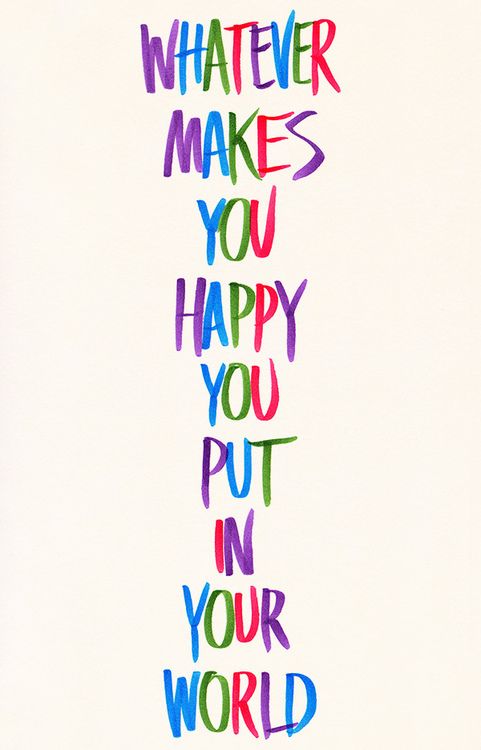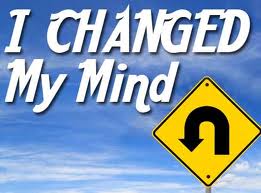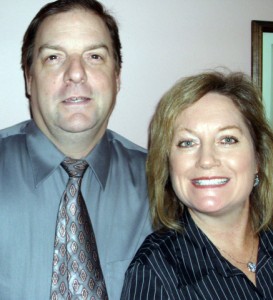I’ve mentioned in past blogs that I’d write more about my brother. We referred to him as: (and his name has to be said really fast) Steven John Patrick Henry Murphy Fred George John Prochnow. Yep! And this is all I’m writing about my brother at this time because I chose to change my mind on this week’s writing!
Change is inevitable. Change is constant. Change is what makes my world go around and around! And therefore, this post is about emotions and relationships.
During my master’s level coursework at Drake University, I started studying emotions and continually learn how to apply what I’m learning about emotions in my own life, especially when it comes to relationships and conflict.
Over the years, I’ve come to realize and accept that I’m pretty adept at identifying a person’s emotions within situations and contexts that I understand. What to do with that knowledge is what matters, especially as an empathetic rehabilitation counselor like me, with abilities to sense people’s emotions, and imagine what s/he might be thinking or feeling, and consider how I can help (if needed to help).
Here we are at home after a photo shot at church ~ Fall 2011 (The above was a photo taken by our son, the actual picture in our church directory looks like we’re related to Frankenstein!)
As a complex creature each human is driven by emotions, beliefs and various points of view that most likely do not coincide perfectly (if at all) with yours. Does that need to make or break a relationship? No, in my mind it enhances and strengthens a relationship. A relationship in no way needs to be “perfect”.
It can be difficult to understand all the emotions sailing around another person’s head, especially within a cultural context and from situation to situation. So to make it simple, let’s just consider basic emotions that could be experienced within relationships.
Basic emotions
![]()
Anger
Happiness
Fear
Sadness
Surprise
Disgust
On top of basic emotions and beliefs, you or the other person may also be in any state of HALT – being Hungry, Angry, Lonely or Tired. (I am so happy I learned this acronym way back as a new mom!)
If so, first address any state of HALT ASAP: hungry: eat; angry: cool down; lonely: become involved in the world around you; tired: rest. Once you change your state of being, there will be sensitivity rather than reactivity to any choices or decisions you make with that person.
Figure this sweetie out?
If bursts of emotion become too much to handle, what can you do? My way of answering this question involves taking a look at how people in love chose to culminate and sustain a healthy relationship .
You can sense how they appreciate each other. They freely accept their differences. They both are confident, responsible and believe in trust. They simply allow each other to be their own person. In my eyes, that’s the key….to the front door (if you want in).
Keys to the Front Door and to the Back Door
And to answer the question regarding how to handle “emotional outbursts” rests in changing your mind. Choose to judge the situation or circumstance in exactly the opposite direction. The key to the back door (if you want out) is to change the way you think and feel about yourself and others. It’ll work, trust me! Just be sure you’re not letting your feelings turn into facts….that will never happen.

Always Keep Both Keys on Hand And DON’T LOSE EM!
If a persons’ emotions are significantly part of your case, I can provide the person’s true story which explain to others how emotions are shaped by experiences and why emotions matter.
How Do You Feel About Roller Coasters? Tell Me the Truth!
I’ve had my share of emotional roller coasters in my life and know how and often why emotions convey information and generate action. Would it be a good legal strategy to include what your client’s thoughts and feelings are revealing? This type of forensic material may show how your client’s emotional states may or may not be affecting the case.
Trust me, I continuously study emotions and personalities. And I believe that every individual has the right to write or re-write their story. A happy ending is always the goal. No one but yourself can make you happy.

How can I help you help your client? Let’s talk. You can reach me at 515-778-0634 or amyebotkin@lcpresourcesplus.com Thank you for reading!
___________________
My professional rehabilitation counseling practice is focused on helping people participate in the world around them, particularly in their own world of work.



1 comment